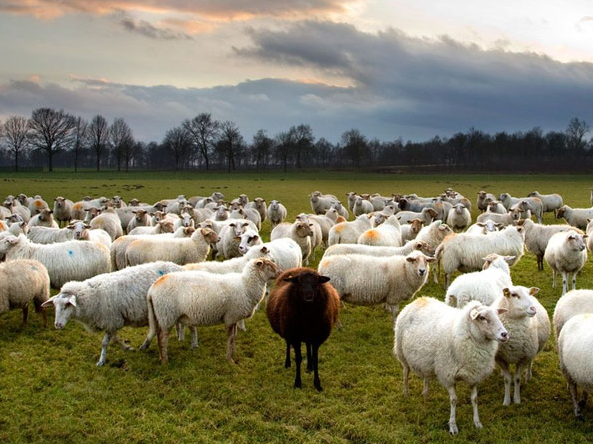Mark Ames: Ezra Klein’s Shine Job on the Kochs
Excerpted from Mark Ames’s longer article at The Exiled. Ezra’s shine-job, headlined “How powerful are the Koch brothers?” does its Beigeist best to muddle the reader’s head into believing that, yeah, the Kochs are kinda bad ‘n stuff, but hey, it’s just how things are: as far as I can tell, the Koch brothers are […]
Read more...

 <
<
